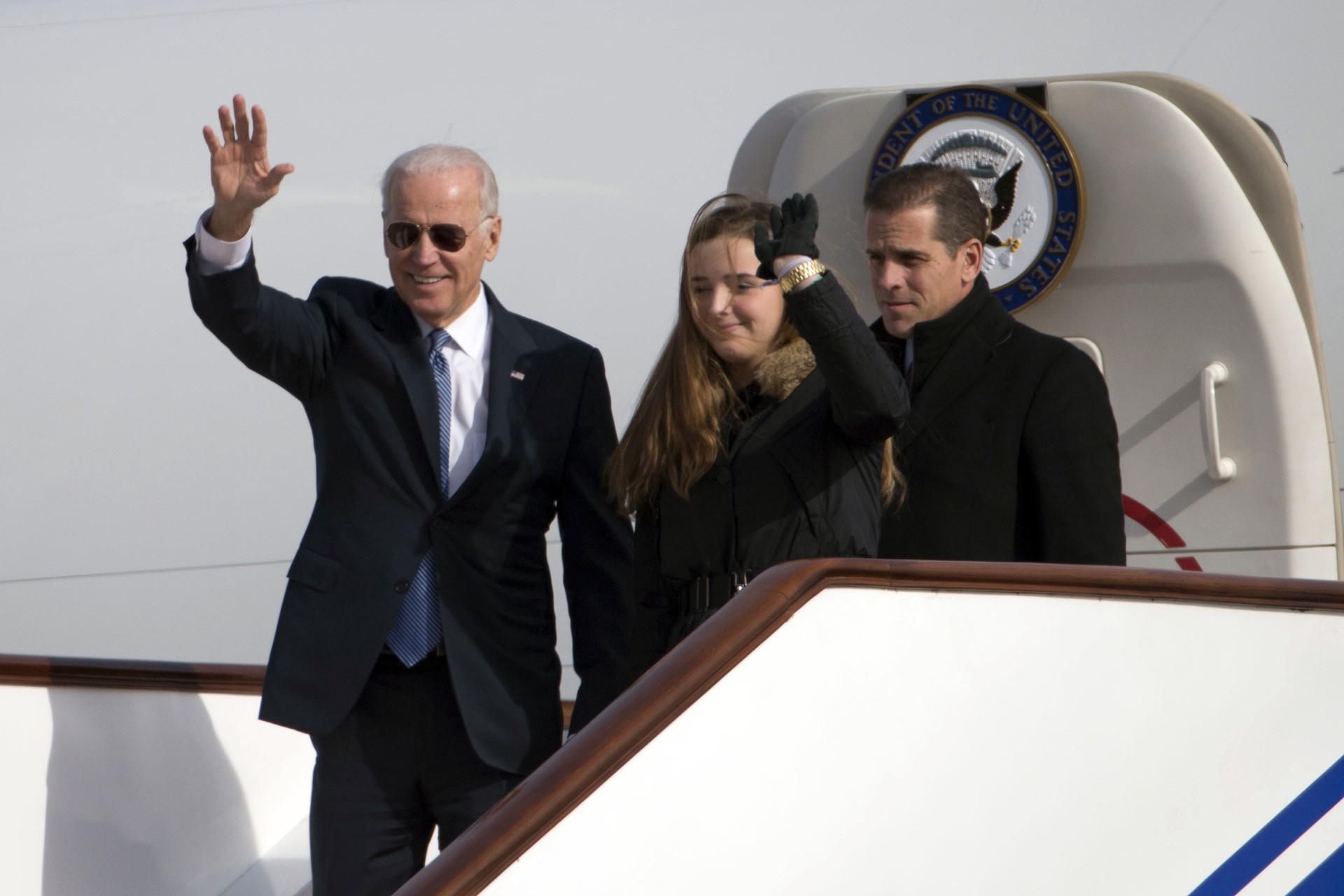Canada and Japan sign electric vehicle battery supply chain agreement to strengthen their position in the EV market
09/27/2023 / By Laura Harris

Canada and Japan have inked an electric vehicle battery supply chain agreement to strengthen the former’s position in the EV battery sector while helping the latter secure better access to lucrative American EV subsidies for its automakers.
The deal was finalized during a state visit of Japanese Minister of Economy, Trade and Industry Yasutoshi Nishimura, who was accompanied by representatives from the Japanese industry group the Battery Association for Supply Chain. On Sept. 21, Nishimura and his Canadian counterparts signed a “memorandum of cooperation” with Canadian companies on the matter.
Japanese and Canadian corporations also signed separate joint ventures providing for greater collaboration between the two nations to address the growing demand for batteries in the EV market.
Canadian Minister of Industry Francois-Philippe Champagne and Minister for Energy and Natural Resources Jonathan Wilkinson hinted that further discussions were ongoing with Japanese industry giants Toyota and Honda for the possible creation of battery manufacturing centers in Canada. (Related: Saudi Arabia signs $5.6 billion deal with China to boost the kingdom’s EV industry.)
“As worldwide demand shifts increasingly towards cleaner forms of energy, Canada’s critical minerals resources and battery supply chains will play a vital role in how we get there,” said Wilkinson.
Japan and Canada plan to fight China’s dominance in the EV industry
Besides having the same goal in the battery supply chain, Japan and Canada are also driven by their desires to counter the economic and political dominance of China in the Indo-Pacific region and the global battery industry.
In line with their goals, Canada has been “friendshoring” or cooperating with allies while Japan uses the Pacific Rim trade deal now known as the CPTPP to secure essential minerals and technology supply chains and reduce their dependence on China and Russia.
Canada has invested tens of billions of dollars to become a major player in the battery industry, including giving billions of dollars in subsidies to companies like Volkswagen and Stellantis to build battery plants in Ontario.
In 2022, Champagne visited Japan multiple times to promote Canada’s capacity for battery materials to Japanese carmakers and electronics companies. Canada could also assist Japanese automakers in making electric vehicles that qualify for a substantial consumer tax rebate in the United States, which is available only for vehicles made in North America.
Moreover, Japan became the best option for Canada as its relationship with India was on the verge of breaking down. Canada has canceled its plan to trade mission and paused ongoing trade deal talks with India. After the termination, the Indian government was allegedly involved in the shooting of a Vancouver Sikh leader.
“Looking back over the past four years, international affairs have become increasingly unstable, with the spread of infectious diseases, Russian aggression against Ukraine and attempts by some nations to weaponize economic independence in the form of coercion for diplomatic and security purposes,” said Nishimura. “In this context, the need for cooperation between Japan and Canada has increased greatly. We share common values and are good partners in the Indo-Pacific region.”
Visit RoboCars.news for more news about electric vehicle manufacturing around the world.
Watch the video below that talks about the danger of America’s supply chain dependence on China.
This video is from the Chinese taking down EVIL CCP channel on Brighteon.com.
More related stories:
Biden says US WON’T DECOUPLE from China during G7 meeting in Japan.
Arizona and Texas to become hubs for EV, battery and semiconductor companies.
Illinois bills seek to require EV charging stations in new and renovated homes.
EV COLLAPSE: Car dealerships are now rejecting EV deliveries due to low sales.
Sources include:
Submit a correction >>
Tagged Under:
big government, bubble, Canada, cars, CCP, China, conspiracy, economics, economy, electric vehicles, energy supply, EV industry, EVs, green living, Green New Deal, Japan, power, robo cars, semiconductor industry, supply chain
This article may contain statements that reflect the opinion of the author
RECENT NEWS & ARTICLES
COPYRIGHT © 2022 FuelSupply.news
All content posted on this site is protected under Free Speech. FuelSupply.news is not responsible for content written by contributing authors. The information on this site is provided for educational and entertainment purposes only. It is not intended as a substitute for professional advice of any kind. FuelSupply.news assumes no responsibility for the use or misuse of this material. All trademarks, registered trademarks and service marks mentioned on this site are the property of their respective owners.



















